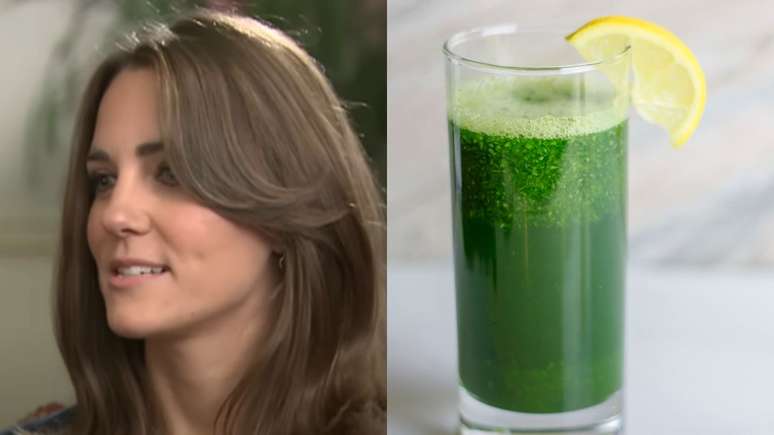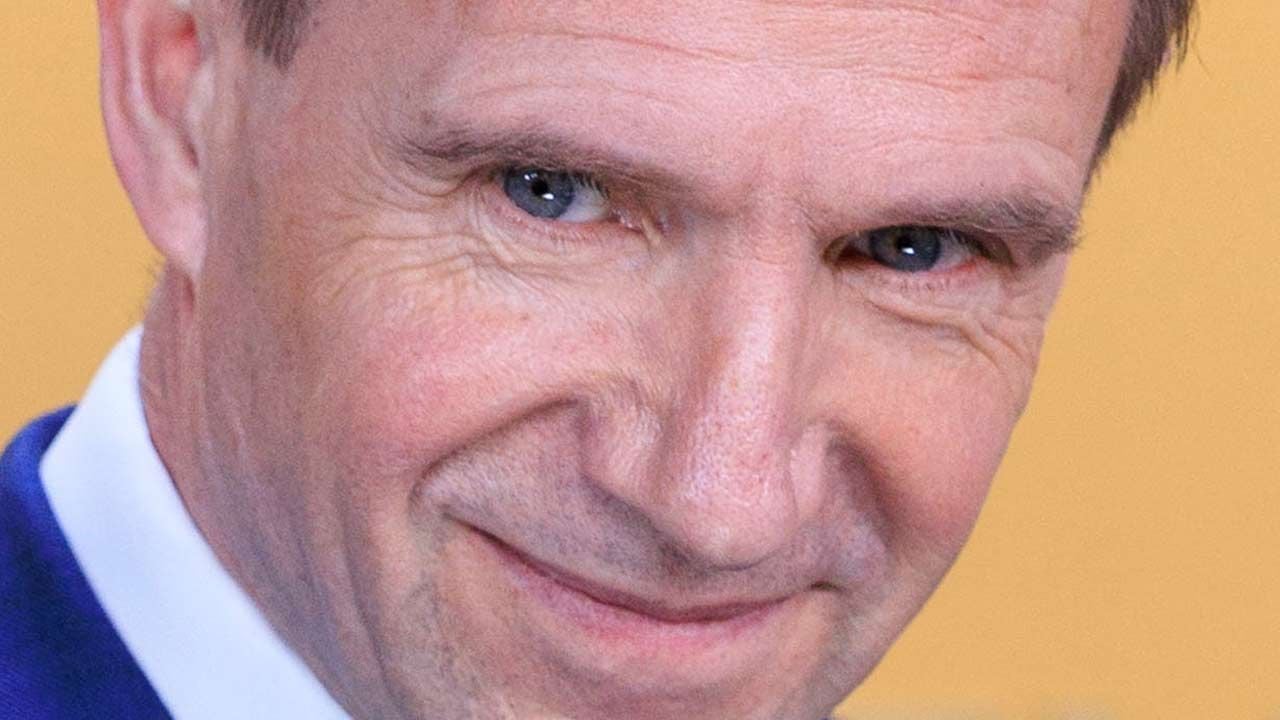Egg freezing is an ideal strategy to ensure good pregnancy success rates through IVF, determined by the age at which the eggs were frozen.
In an interview with WowCastthe actress Thanks Massafera revealed that she has already frozen her eggs, but that she has no intention of having another child for the moment, choosing to prioritize her relationship with her daughter, Sofia. Today Grazi is 41 years old and it is well known that the chances of pregnancy decrease with age, with a drastic reduction after the age of 35.
html[data-range=”xlarge”] figure image img.img-b642905a4f017a40097254e4edcf1da1f131dgga {width: 774px; height: 435px; }HTML[data-range=”large”] figure image img.img-b642905a4f017a40097254e4edcf1da1f131dgga {width: 548px; height: 308px; }HTML[data-range=”small”] figure image img.img-b642905a4f017a40097254e4edcf1da1f131dgga, html[data-range=”medium”] figure image img.img-b642905a4f017a40097254e4edcf1da1f131dgga {width: 564px; height: 317px; }HTML[data-range=”small”] .article__image-embed, html[data-range=”medium”] .article__image-embed {width: 564px; margin: 0 automatic 30px; }
Is there a time limit for using frozen eggs?
Although egg freezing is a great way to preserve fertility in women who want to postpone pregnancy, the question arises: what are the chances of pregnancy after age 40 with frozen eggs? According to Dr. Rodrigo Rosahuman reproduction specialist and clinical director of Clínica Mater Prime, in São Paulo, it all depends on the age at which the eggs were frozen.
“The success rates of IVF are determined by the age of the egg used. So, women up to 35 years of age, if they freeze at least 20 eggs, have an 80% chance of conceiving at least one child. If they 20 eggs are frozen between the ages of 35 and 37, the probability of pregnancy is 65%. If these 20 eggs are frozen between the ages of 38 and 40, the probability that the woman will have at least one child is 55-60%.”explains.
However, it is recommended to use frozen eggs before the age of 50. Obstetrician gynecologist Dr. Fernando PradoHuman Reproduction specialist, member of the American Society for Reproductive Medicine (ASRM) and clinical director of Neo Vita explains: “There is no precise age at which a woman can use frozen eggs. In theory, if she is in good health, she can get pregnant even at a very advanced age”.
“However, we advise women to use eggs before the age of 50, since after this age the risks for pregnancy become great, especially due to hypertension, gestational diabetes and premature birth. The health risks for women mothers they end up being bigger and consequently influence the progress of the pregnancy, with risks also for the newborn”continues.
Another alternative: ovoreception
It is also worth mentioning that even older women who have not frozen their eggs can become pregnant through IVF, as it is possible to opt for ovoreception.
“Ovoreception consists of the use of donated oocytes to carry out in vitro fertilization. And contrary to what many people think, pregnancy through gamete donation does not reduce the role of the parents of the receiving couple, since they are the ones who will take care of the child grows up happy and healthy. And it is essential that topics like these are increasingly discussed to raise awareness among the population of the importance of gamete donation and to naturalize the reception of eggs and sperm in fertility treatments”says Dr. Rodrigo Rosa.
Regardless of whether you choose to freeze your eggs or receive eggs, IVF happens the same way. “In Vitro Fertilization consists of collecting oocytes and sperm to be fertilized in the laboratory, forming the embryo which, after a certain period of development, is transferred to the woman’s uterus”, explains Dr. Fernando Prado.
About a week and a half to two weeks after the embryo transfer, a test is done to see if it is attached to the uterus. “A simple blood test, or even a home pregnancy test, will detect human chorionic gonadotropin (HCG) levels, a sign that you are finally pregnant. With a positive test, the final waiting period begins: 38 weeks until delivery. From that moment on, the pregnancy continues normally like any other.”concludes Dr. Rodrigo Rosa.
Dr. Rodrigo Rosa: obstetrician gynecologist specialized in Human Reproduction and founding member and clinical director of the Mater Prime clinic, in Sao Paulo, and of the Mater Lab, a Human Reproduction laboratory. Member of the Brazilian Association of Assisted Reproduction (SBRA) and the Brazilian Society of Human Reproduction (SBRH), the doctor graduated from the Escola Paulista de Medicina – Universidade Federal de São Paulo (UNIFESP/EPM). Specialist in human reproduction, the doctor collaborated on the book “Atlas of Human Reproduction” by the Brazilian Society of Human Reproduction. Instagram: @dr.rodrigorosa
Doctor Fernando Prado: gynecologist, obstetrician and human reproduction specialist. He is clinical director of Neo Vita and medical coordinator of Embriológica. PhD from the Federal University of Sao Paulo and Imperial College London, London – United Kingdom. Graduated in Medicine from the Federal University of São Paulo, member of the American Society of Reproductive Medicine (ASRM) and the European Society of Human Reproduction (ESHRE). Instagram: @neovita.br
Source: Terra
Ben Stock is a lifestyle journalist and author at Gossipify. He writes about topics such as health, wellness, travel, food and home decor. He provides practical advice and inspiration to improve well-being, keeps readers up to date with latest lifestyle news and trends, known for his engaging writing style, in-depth analysis and unique perspectives.









